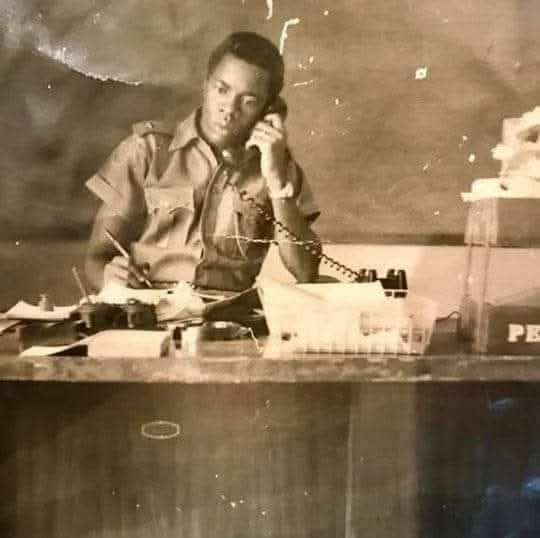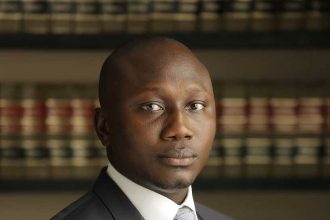In the turbulent landscape of Nigeria’s military and political history, few stories illustrate the irony of loyalty and betrayal as poignantly as that of Major Daniel Idowu Bamidele, a man whose integrity cost him his life.
It began in October 1983, just months before the fall of Nigeria’s Second Republic. Major Bamidele, then serving under Major-General Muhammadu Buhari, his General Officer Commanding (GOC), caught wind of coup rumours aimed at toppling President Shehu Shagari.
Acting on duty and conscience, he promptly reported the matter to his superior, unaware that Buhari himself was deeply involved in the unfolding plot.
Within a week, the whistleblower became the suspect. Bamidele was summoned to Lagos and detained by the Directorate of Military Intelligence (DMI) at Tego Barracks.

There, he was accused of plotting a coup against the very government he had sought to protect. Fake witnesses were assembled, and a mock interrogation was staged to give the impression of a serious investigation.
Reports were even filed to the Nigerian Security Organisation (NSO), then led by Umaru Shinkafi, to reinforce the deception and keep the Shagari administration misinformed.
Meanwhile, the real coup planning went on, right under the noses of those interrogating him.
By November 25, 1983, when no credible evidence could be produced to sustain the charges, Bamidele was quietly released. He returned to Jos, deeply shaken and confused about the ordeal.
The truth only dawned on him weeks later, when, on January 1, 1984, the man he had reported to, Major-General Muhammadu Buhari, emerged as Nigeria’s new Head of State after successfully overthrowing Shagari’s government.

Scarred by that betrayal, Bamidele resolved never to involve himself in or report any future coup rumours. That decision would seal his fate.
In 1985, following rumours of another coup allegedly led by Major-General Mamman Vatsa against the regime of General Ibrahim Babangida, Bamidele was arrested once again, this time, for failing to report the conspiracy.
Despite his previous ordeal in 1983, the military tribunal refused to see the tragic irony in his silence.
Before the tribunal, Bamidele spoke with quiet dignity and unshaken clarity:
“I heard of the 1983 coup planning, told my GOC General Buhari who detained me for two weeks in Lagos. Instead of a pat on the back, I received a stab. How then do you expect me to report this one?
This is not self-adulation but a sincere summary of the qualities inherent in me. It is an irony of fate that the president of the tribunal who, in 1964, felt that I was good enough to take training in the UK is now saddled with the duty of showing me the exit from the force and the world.”
On March 5, 1986, Major Daniel Idowu Bamidele was executed by firing squad alongside Major-General Mamman Vatsa and several others.
History remembers him not as a conspirator, but as a loyal soldier betrayed by the system he served. His story remains a haunting reflection of Nigeria’s years of military intrigue, a time when truth and treachery often wore the same uniform.









